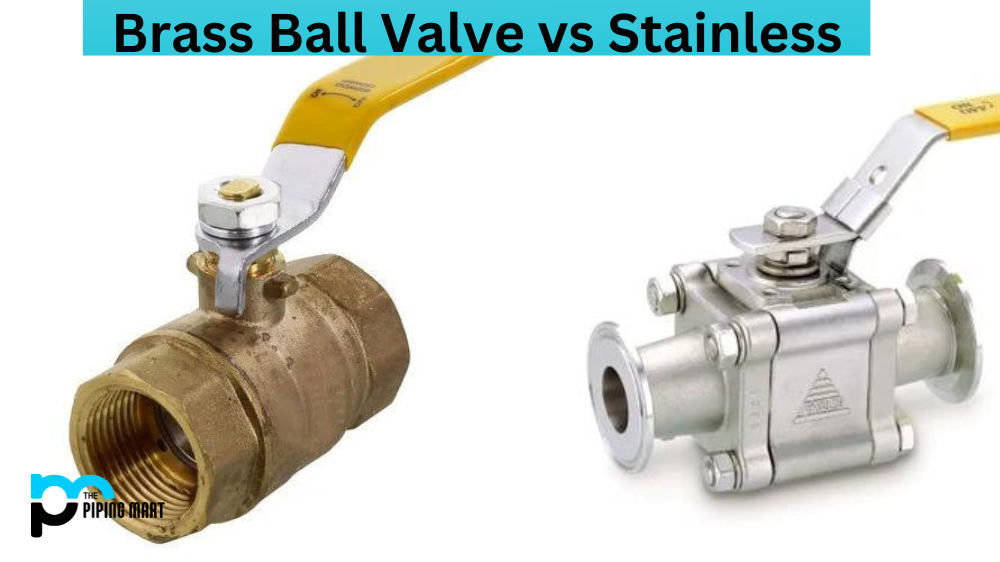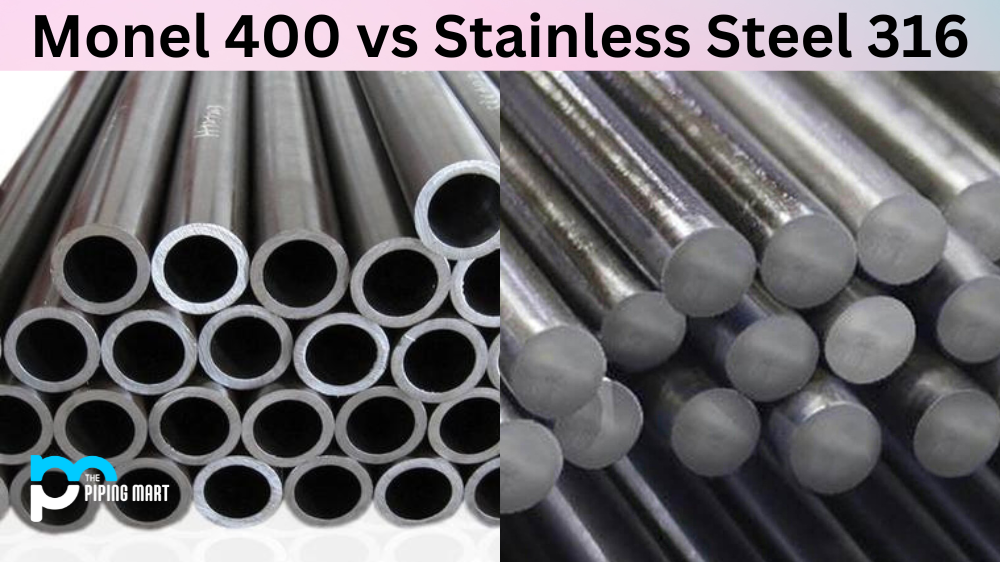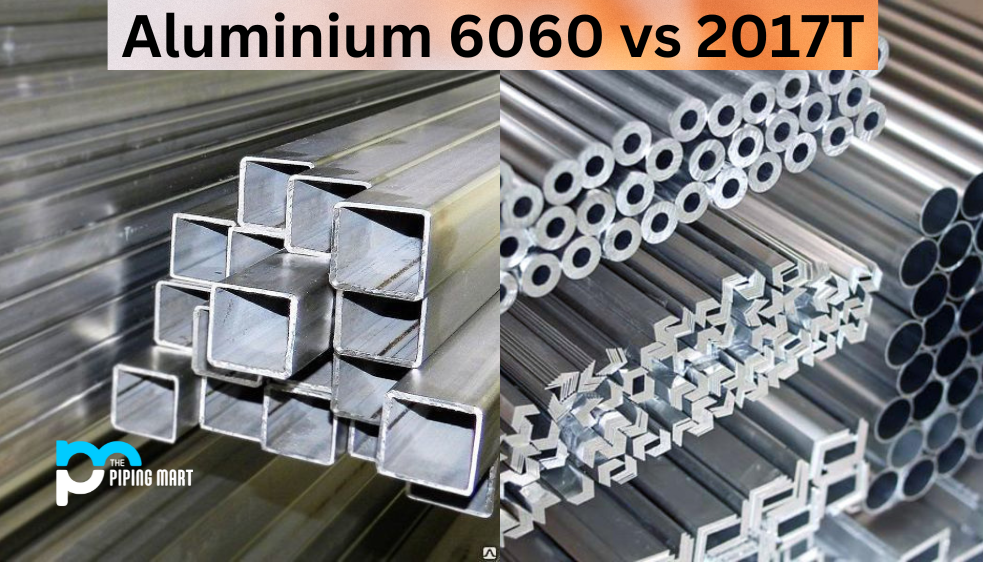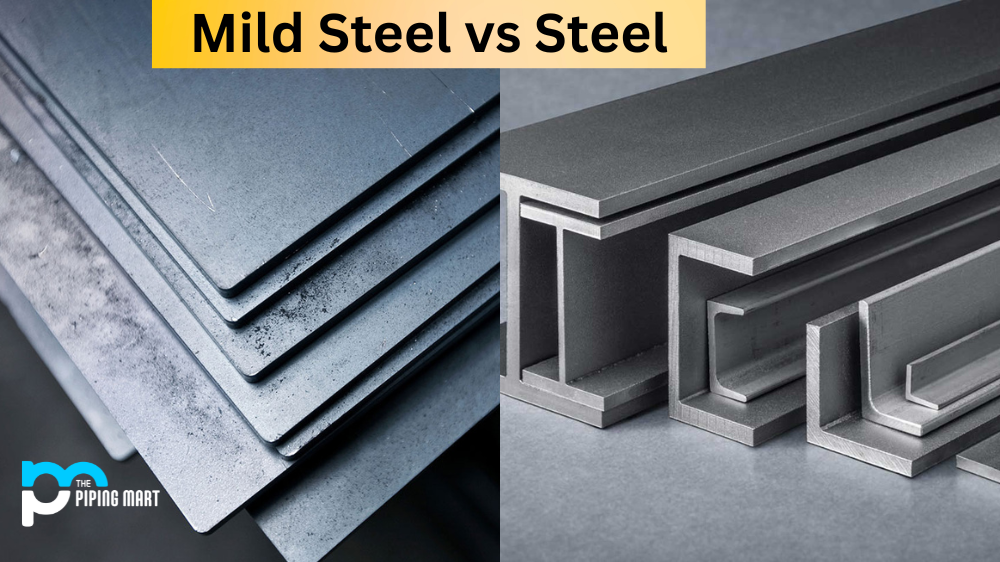When choosing the right valve for your plumbing or industrial applications, you have two main options: brass ball valve and stainless steel ball valve. While both materials have advantages and disadvantages, many experts in plumbing agree that brass ball valve offers more benefits than their stainless steel counterparts. This blog post explores the reasons behind this recommendation and the advantages of brass ball valves over stainless steel.
Brass ball valve
A brass ball valve is a common plumbing component used in many residential and commercial applications due to its durability, corrosion resistance and ease of maintenance. It consists of a brass body with one or more balls mounted inside. As the ball rotates within the body, it restricts or allows water flow when opened or closed, preventing backflow. Due to its robust construction, a brass ball valve can last years when maintained properly.
Stainless steel Ball Valve
Stainless steel ball valves are superior to brass in almost every way, as they offer superior corrosion resistance, higher pressure ratings and longer service life. Furthermore, stainless steel is typically more economical when considering the total cost of ownership over time. In contrast, brass tends to corrode under certain conditions and can have a shorter lifetime.
Difference Between Brass Ball Valve and Stainless
Cost-Effectiveness
One of the primary advantages of brass ball valves is that they are more cost-effective than stainless steel. Brass is generally less expensive than stainless steel, which makes it a popular choice for plumbing applications. In addition, brass ball valves are much easier to manufacture than stainless steel valves, which lowers the production cost, ultimately making them more affordable. This advantage makes brass ball valves ideal for those looking to save money without compromising durability and quality.
Corrosion Resistance
Brass ball valves are highly corrosion-resistant, making them perfect for harsh environments. Unlike stainless steel, brass doesn’t rust easily, and it’s not affected by acidic or alkaline substances. This corrosion resistance enables brass ball valves to last longer without regular repairs or replacements. This advantage further translates into better value for money over time.
Heat Resistance
Brass ball valves also have better heat resistance than their stainless steel counterparts. Brass can withstand higher temperatures without distortion, warping, or cracking. This feature makes them an ideal choice for applications that require heat resistance, such as hot water systems, as they can improve performance and durability.
Ease of Installation
Another advantage of brass ball valves is that they’re easy to install. Most brass ball valves have a simple two-way design and are usually equipped with threads that make installing them into the plumbing system easier. Additionally, the material is easy to work with, making it easier for plumbers to cut, bend, or shape it to fit any specific installation requirements.
Versatility
Brass ball valves are also versatile and can be used in various applications in different industries. They’re used in plumbing, HVAC, industrial machinery, fire suppression systems, and many other applications. Their robust design and reliability make them the go-to choice for many professionals in the industry.
- Brass ball valves are more durable than stainless steel valves.
- Brass ball valves can withstand higher temperatures than stainless steel valves.
- Brass ball valves are less likely to corrode than stainless steel valves.
- Brass ball valves are more resistant to wear and tear than stainless steel valves.
- Brass ball valves are easier to clean than stainless steel valves.
- Brass ball valves provide a better seal than stainless steel valves.
- Brass ball valves are less expensive than stainless steel valves.
Conclusion:
In conclusion, while brass ball valves and stainless steel ball valves have advantages, brass valves offer more benefits to users. Brass ball valves are more cost-effective, resistant to corrosion, and heat-resistant while being easy to install and versatile. So, when you’re in the market for a new valve or replacing older valves, brass ball valves are the way to go. They offer better quality, durability, and value than stainless steel, making them the best choice for your plumbing needs.

Abhishek is a seasoned blogger and industry expert, sharing his insights and knowledge on various topics. With his research, Abhishek offers valuable insights and tips for professionals and enthusiasts. Follow him for expert advice on the latest trends and developments in the metal industry.




